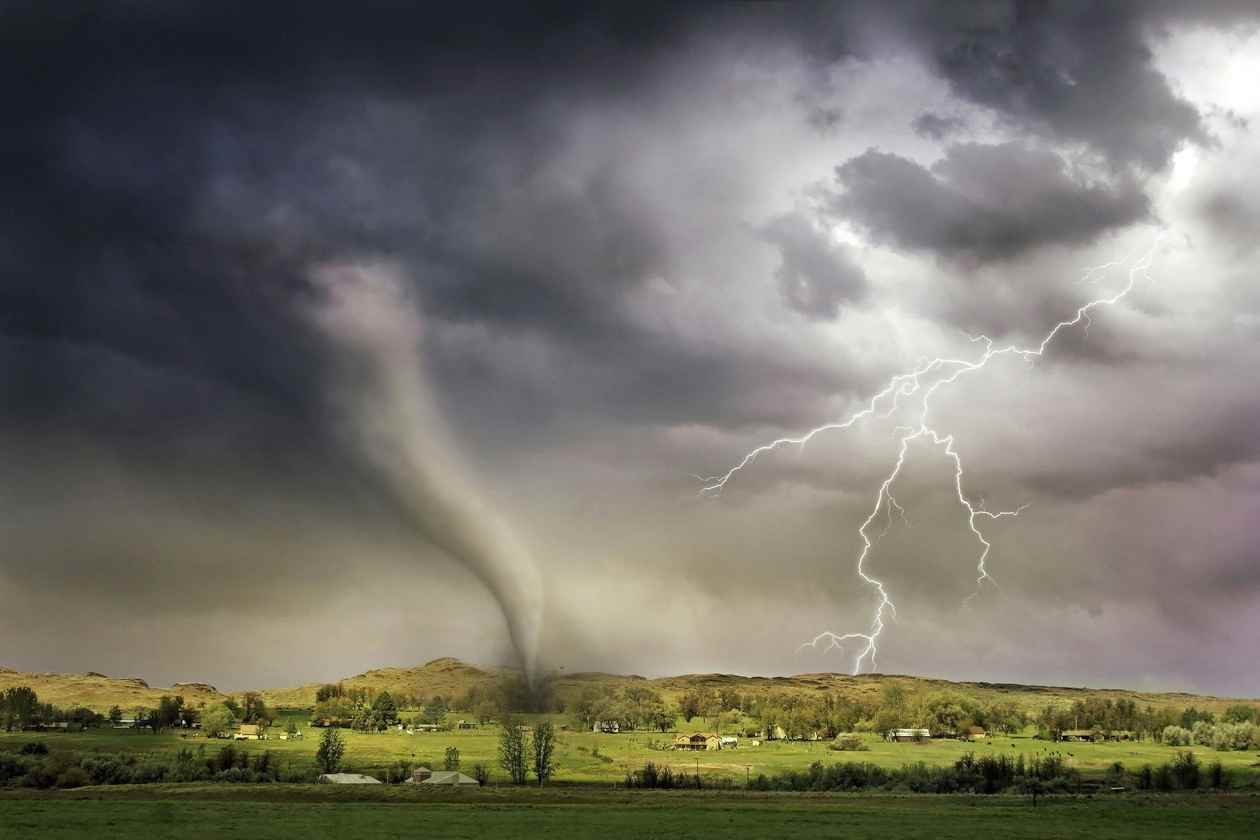Cyclone ‘Dana’ Devastates Midnapore and Jhargram

- Admin 21
- 05 Nov, 2024
Cyclone Dana has wreaked havoc across West Bengal, leaving the region's agricultural economy in turmoil. The cyclone, characterized by relentless rainfall and fierce winds, has inundated thousands of hectares of Aman paddy fields in critical agricultural areas such as West Midnapore, East Midnapore, and Jhargram. As a result, these rice-producing regions are now grappling with severe crop losses, and officials are raising alarms about stagnant water threatening the survival of the already weakened paddy crop.
Agricultural experts are sounding the alarm, calling the situation nothing short of catastrophic. District agriculture department of West Midnapore, emphasized the urgent need for drainage systems to be activated to prevent further destruction. “Mature paddy plants have crumpled under the cyclone’s relentless force. If water continues to stand in the fields, the crops will begin to rot,” the statement says. Department urges the farmers to adhere to established crop protection guidelines while district assessment teams survey the damage.
The timing of Cyclone Dana has exacerbated the crisis, striking just as farmers were on the cusp of harvesting Aman rice—an essential staple for both local consumption and economic stability in the region. In West Midnapore alone, farmers had planted an impressive 3.75 lakh hectares of Aman paddy this season. However, preliminary reports indicated that over 50,000 hectares were already suffering from damages incurred during September rains, and the cyclone's arrival has further devastated these fields.
Rice isn’t the sole crop facing peril. East Midnapore, known for its vibrant vegetable and flower cultivation, is also witnessing extensive destruction. Key areas such as Kolaghat, Panshkura, and Haldia are experiencing severe field damages. Tirthankar Mandal, deputy director of agriculture in East Midnapore, expressed his concerns regarding the long-term implications of prolonged waterlogging on vegetable crops, which could lead to significant rotting and an impending spike in local market prices. “The integrity of the region's vegetable cultivation is seriously compromised. This requires urgent and immediate interventions to avert a complete loss of crops.
In East Midnapore, approximately 2.42 lakh hectares of Aman paddy fields are particularly vulnerable, with low-lying areas in Kanthi (also known as Contai), Egra, Moyna, and Panshkura completely submerged by floodwaters. District officials are clear that prolonged waterlogging could render these crops irretrievable, making immediate water drainage action an absolute priority.
As the damages roll in, the financial burden on farmers is becoming increasingly concerning. The cyclone has also delivered a significant blow to the fishing communities within the state. Temporary fish farming structures in Dantanpatbara were completely swept away by the cyclone, affecting over twenty fish enclosures. Areas such as Junput, Khejuri-II, and North Kadua Kanthi have seen high tides and flooding wreak havoc on essential infrastructure, leaving fishermen struggling with both damaged shelters and dwindling fish stocks.
Meanwhile, Jhargram district has not escaped the cyclone's wrath. Alongside substantial crop losses, which affected around 370 hectares, over 200 mud houses were demolished, displacing numerous families. Local authorities are actively working to provide temporary shelters and are assessing both crop and housing damages.
However, officials are openly acknowledging that the recovery process will necessitate considerable time and resources.
In response to the growing crisis, the state's agricultural departments have mobilized resources to evaluate and mitigate crop damage, prioritizing water drainage in submerged fields. Officials are urging farmers to utilize crop insurance as a safety net against impending losses and are coordinating various relief efforts aimed at addressing immediate needs.
A senior administrative officer conveyed the gravity of the situation, stating, “As West Bengal confronts the aftermath of Cyclone Dana, the comprehensive impact of this natural disaster on the state’s rural economy may take weeks to fully gauge. Nevertheless, the immediate challenges that farmers and fishermen are facing—evident in flooded fields, rising market prices, and compromised infrastructure—are stark and undeniable.”
Leave a Reply
Your email address will not be published. Required fields are marked *







